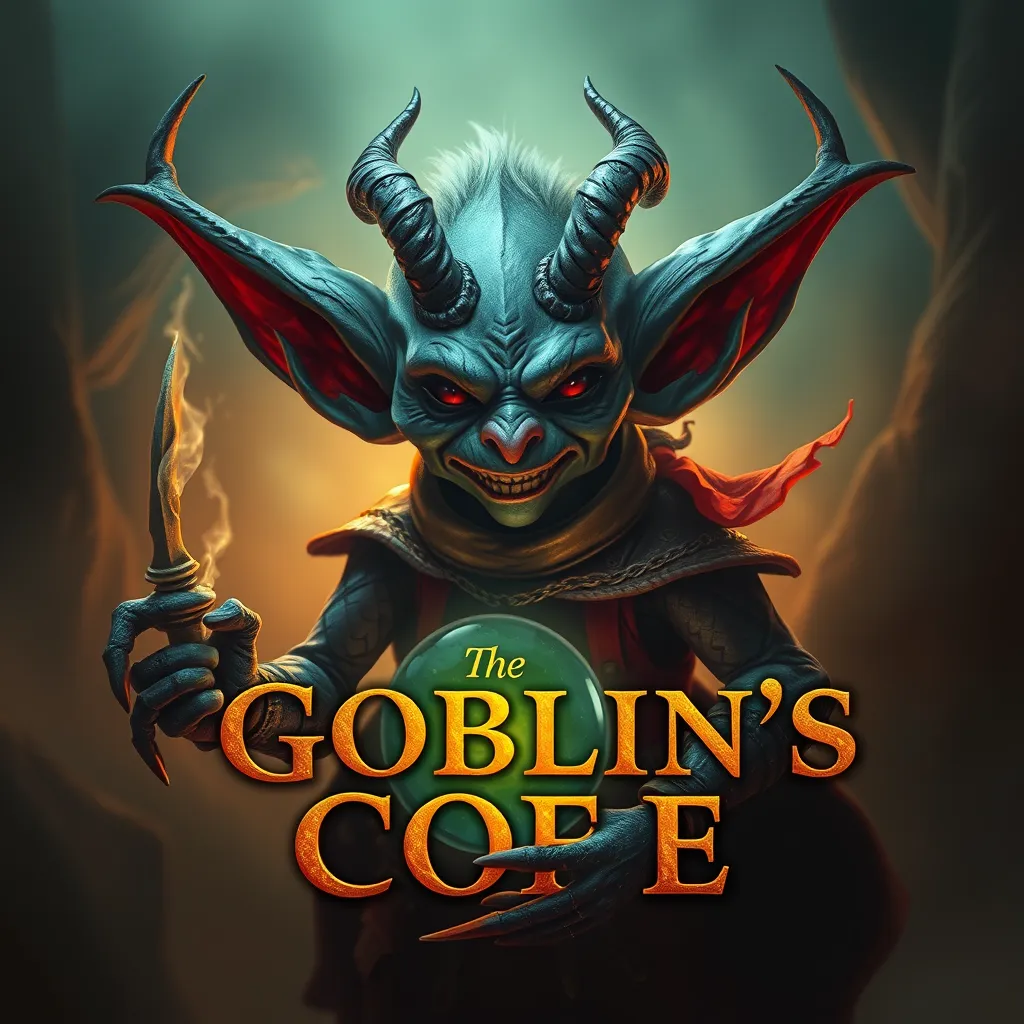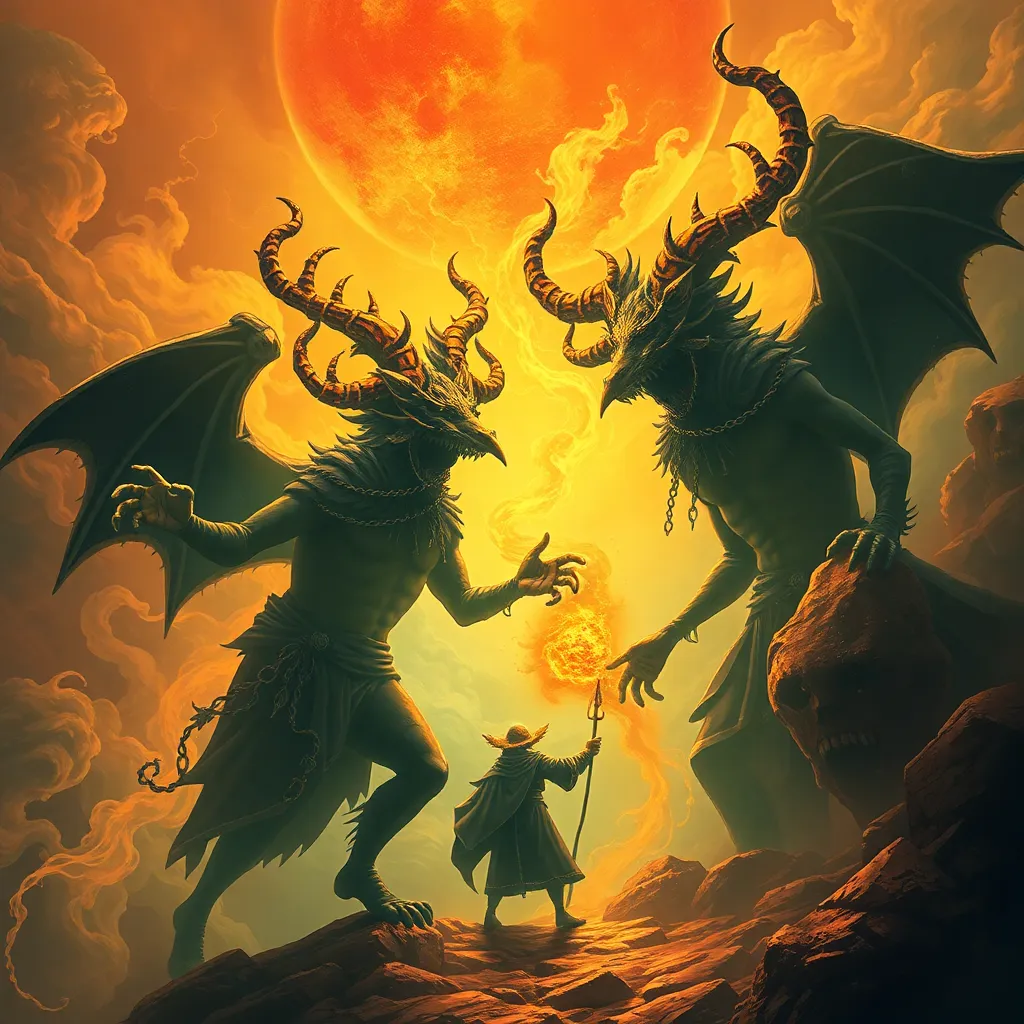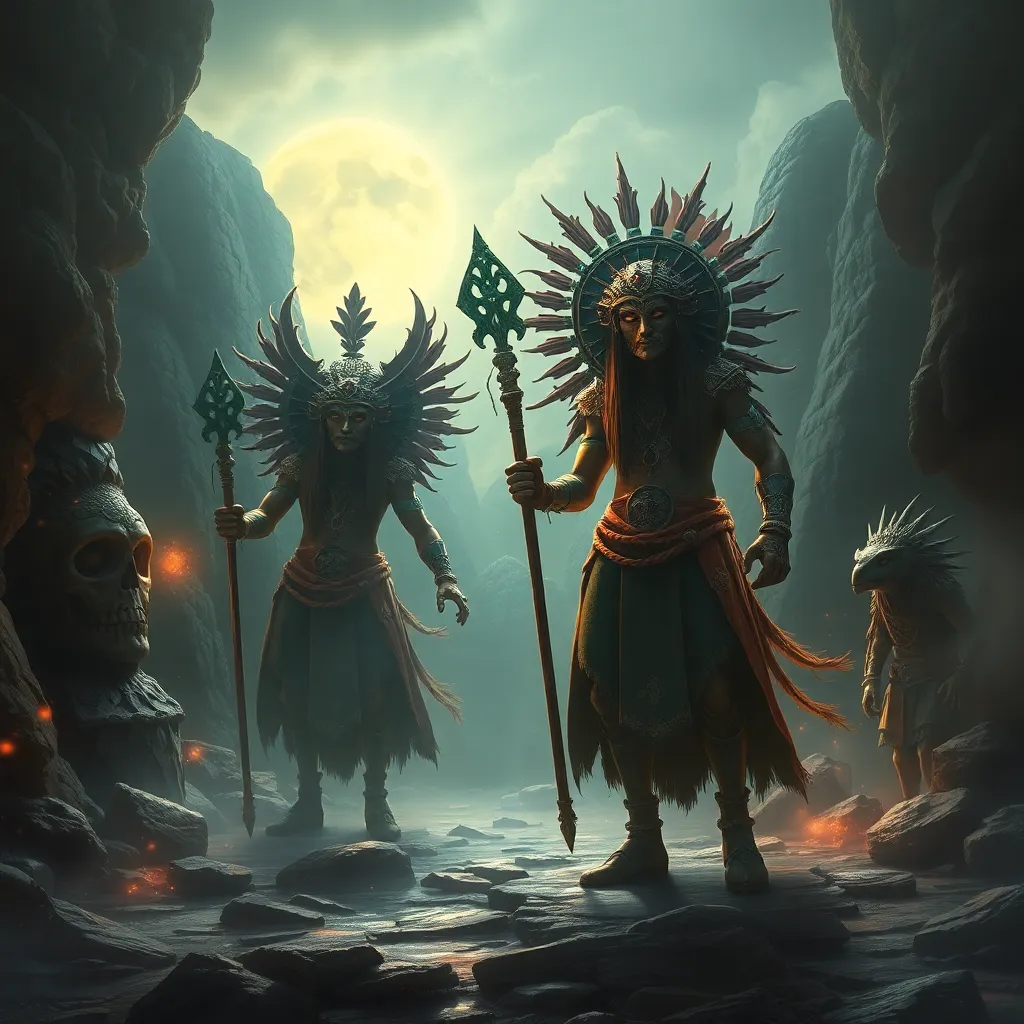The Goblin’s Code: Exploring Goblin Morality and Ethics
I. Introduction to Goblin Society
Goblins, often portrayed as mischievous and cunning creatures in folklore and fantasy literature, possess a rich and complex culture that shapes their understanding of morality and ethics. Their society is built around unique values and traditions that influence their interactions and behaviors.
Understanding the importance of morality and ethics in Goblin communities is crucial to appreciating their way of life. In this article, we will explore the intricacies of Goblin ethics, examining their historical context, core principles, legal systems, and how they compare to the moral frameworks of other races.
The purpose of this article is to delve into the Goblin’s code, illuminating the principles that govern their actions and decisions, and to foster a deeper understanding of their society.
II. Historical Context of Goblin Morality
A. Origins of Goblin Ethical Systems
The ethical systems of Goblins are rooted in their historical experiences and social structures. Originally, Goblins were nomadic, relying on their wits and resourcefulness to survive in a harsh world. This led to the development of a moral code that emphasized cunning and adaptability.
B. Influences from Other Races and Cultures
Throughout history, Goblins have interacted with various races, including humans, elves, and dwarves. These interactions have influenced their ethical systems, introducing new concepts and practices that have been adapted to fit Goblin society.
C. Evolution of Goblin Morality Over Time
As Goblin societies evolved, so did their moral frameworks. The transition from a nomadic lifestyle to more settled communities led to new ethical considerations, such as property rights and communal responsibilities.
III. Core Principles of Goblin Ethics
A. The Value of Community and Cooperation
At the heart of Goblin ethics is the value placed on community and cooperation. Goblins understand that survival often depends on working together. This principle manifests in several ways:
- Collective decision-making in communal matters.
- Shared resources and responsibilities.
- Support for fellow Goblins in times of need.
B. The Role of Trickery and Deception
Trickery is often seen as a vital skill among Goblins, both in social interactions and in survival strategies. While deception may seem unethical from an outside perspective, Goblins have a nuanced view, seeing it as a form of cleverness:
- Deception as a means of protecting the community.
- Trickery used in negotiations and conflicts.
- A cultural appreciation for cleverness and wit.
C. Concepts of Honor and Loyalty Among Goblins
Honor and loyalty hold significant weight in Goblin society. These concepts dictate personal relationships and communal ties:
- Loyalty to one’s clan or tribe is paramount.
- Honor is earned through deeds that benefit the community.
- Betrayal is considered one of the gravest offenses.
IV. Goblin Law and Governance
A. Structure of Goblin Legal Systems
Goblin legal systems are often informal but deeply respected within their communities. Elders or leaders play a crucial role in maintaining order and resolving disputes.
B. Key Laws and Their Ethical Implications
Some of the key laws that govern Goblin society include:
- Protection of communal resources.
- Respect for the hierarchies established by elder Goblins.
- Regulations against betrayal and treachery within the community.
C. Role of Elders and Leaders in Moral Decision-Making
Elders are regarded as the moral compass of Goblin society. Their wisdom is sought in ethical dilemmas, and their decisions often reflect the collective values of the community.
V. Case Studies: Ethical Dilemmas in Goblin Life
A. Theft Among Goblins: A Matter of Survival?
Theft is a contentious topic within Goblin communities. While it is generally frowned upon, many Goblins see it as a necessary evil in dire circumstances. The ethical dilemma often revolves around:
- The distinction between stealing from outsiders vs. fellow Goblins.
- The justification of theft for survival versus communal solidarity.
B. The Ethics of Warfare and Raiding
Warfare among Goblins is often seen as a way to assert dominance or acquire resources. However, the ethics surrounding these actions vary:
- Is raiding a form of honorable combat or mere banditry?
- What are the ethical implications of violence against other races?
C. Conflicts of Interest: Loyalty vs. Justice
Goblins often face dilemmas where loyalty to family or clan conflict with a sense of justice. This raises questions about:
- How loyalty can sometimes undermine fairness.
- The consequences of prioritizing clan over community ethics.
VI. Comparative Analysis: Goblin Morality vs. Other Races
A. Contrasting Goblin Ethics with Human Morality
Human morality often emphasizes individualism and rights, while Goblin ethics lean towards community and cooperation. This fundamental difference leads to misunderstandings between the two races.
B. Goblins and Dwarves: Similarities and Differences
Both Goblins and Dwarves value community, but Dwarves place a stronger emphasis on tradition and craftsmanship. Goblins, in contrast, are more adaptable and open to change.
C. Perceptions of Goblin Morality by Other Races
Other races often view Goblin morality through a lens of prejudice, seeing them as inherently deceitful or treacherous. This perception overlooks the complexity of their ethical systems.
VII. The Future of Goblin Ethics
A. Modern Challenges Facing Goblin Societies
As Goblin societies encounter modern challenges, including external threats and resource scarcity, their moral frameworks may be tested. Issues such as:
- Resource allocation amidst growing populations.
- Maintaining traditional values in the face of globalization.
B. The Influence of Technology and Globalization
Technology and globalization are reshaping Goblin societies. The introduction of new tools and ideas may lead to a shift in ethical considerations, particularly in terms of communication and trade.
C. Potential Evolution of Goblin Morality in a Changing World
As Goblins adapt to changing circumstances, their moral codes may evolve. This evolution could bring about:
- A blending of traditional and modern ethical principles.
- New interpretations of loyalty, justice, and community.
VIII. Conclusion
A. Summary of Key Findings
The exploration of Goblin morality reveals a society rich in tradition and complexity. Their ethical systems are shaped by history, community values, and the need for survival.
B. The Importance of Understanding Goblin Ethics
Understanding Goblin ethics is essential for fostering better inter-racial relationships and dispelling myths that often surround their culture. Recognizing their values can lead to greater empathy and cooperation.
C. Final Thoughts on the Complexity of Goblin Morality
The morality of Goblins is not merely a reflection of their mischievous nature but a sophisticated system that emphasizes community, adaptability, and the nuances of ethical behavior. As their society evolves, so too will their ethical framework, ensuring that



